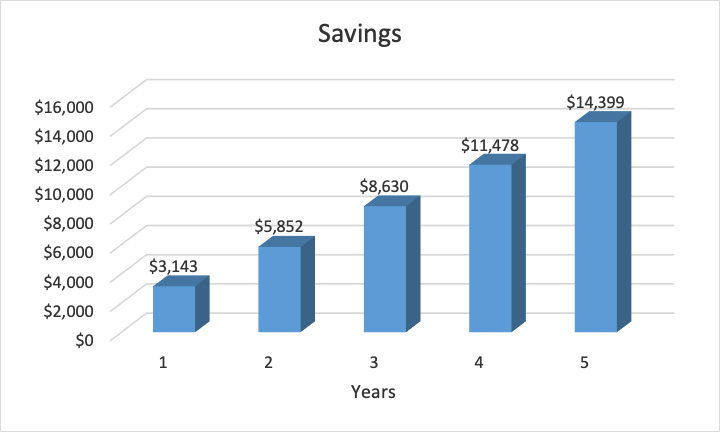Back in my day… If I had a dollar for every time I’ve heard that over the years! As a financial advisor sharing some tips, I caught myself saying those words only last week! As though channelling my father!
The younger generation is so tech-savvy these days that I can’t keep up although we had technology too! Our ‘information revolution’ produced gems like floppy-disks, dial-up internet and entire families sharing a single land-line telephone. Quickly superseded and gone forever, thankfully!
When it comes to money, some things stay relevant regardless of your generation.
So here, although you didn’t ask, are my five tips for getting, and keeping, control of your finances – for life!
Living within your means
Sems obvious, but surprisingly, many people don’t. It’s why credit like store/bank cards and shop-now-pay-later facilities are so popular.
Unmanageable debt has the power to keep you awake at night – and not in a good way. But you really can survive without the latest device or _______ (insert item here).
In short, don’t be a slave to possessions; why lock yourself into debt more durable than the item?
Save
The world is full of opportunities: travel and socialising, etc., but don’t underestimate the security of a stash of cash. With a small, regular commitment, you can have a life and save too.
Consider this example:

An initial $500, plus $50 per week over five years, could accumulate almost $15,000! (Assuming no withdrawals and 2.5% interest over the period).
Additionally, developing a savings habit will help create a good credit score for, say, a future home loan.
Buy quality
Pre-loved items like clothing or furniture. Pieces in good condition will generally last longer, and with care, can become classics you won’t need to replace.
Learn to cook
Stay with me! Nothing beats a home-cooked meal for cost-savings and old-fashioned job-satisfaction. Find a recipe, make a list, shop and cook. Not sure what you’re doing? YouTube is your best friend. For $30, you could cook yourself and a friend a similar meal costing around $80 in a restaurant. (There’s the week’s $50 for your savings account!)
Make a budget
And stick to it. Record income, then expenses beginning with non-negotiable ones like rent/mortgage, loan payments, insurance, transport, groceries, etc.
If you can’t account for some of your money, a budget will help you identify areas of overspending so you can reallocate funds to savings and discretionary expenses.
The government’s MoneySmart website provides a budget planner to get you started, or create your own using a spreadsheet.
Every generation believes there’s nothing to learn from the other, but the truth is we’re all learning, all the time.
In fact, I was recently introduced to online video chatting. Now my grandchildren will benefit from even more of my advice!
To read more practical financial advisor tips like this, view the blog page on our website.
This article contains information that is general in nature. It does not take into account the objectives, financial situation or needs of any particular person. You need to consider your financial situation and needs before making any decisions based on this information.

